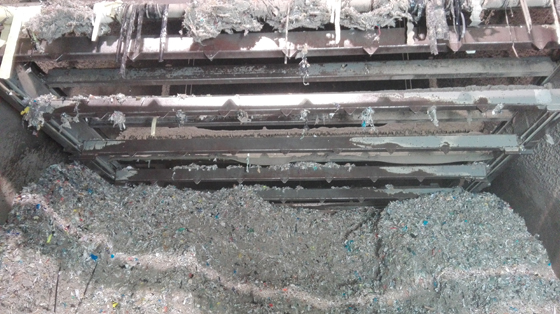The Catalan cement industry has shown again to the Generalitat its commitment to the Circular Economy and the saving of resources, making available the capacities of the factories to increase the energy recovery of waste. The use of alternative fuels, which saves natural resources and prevents many wastes from being incinerated or destined to landfill, makes a sector more competitive, given the low consumption rates of the Catalan market, exports have a way to survive. In fact, almost two out of every three tons of cement produced in Catalonia are exported, but this dynamic is threatened by the energy costs that factories, both electric and petroleum products, have to bear. For this reason, they request the Administration to review the proposed objectives, for example, in the PRECAT20, some of which go in the opposite direction to this line of work framed in the Circular Economy.
The president of Ciment Català, Salvador Fernández Ca, and the directors of the 4 operating factories met, on June 12, with the Secretary of Environment and Sustainability, Marta Subirà, the General Director of Environmental Quality, Mercè Rius and the Director of the Waste Agency of Catalonia, Josep Maria Tost. The delegation of the cement industry insisted to the representatives of the Generalitat that, in the current situation of general recovery of the economy, investment in infrastructure necessary for the country’s competitiveness is low, which makes the consumption of cement per capita continue at very low values and the recovery of the sector comes to consolidate. However, the sector’s commitments to the environment and sustainability remain intact, with compliance with the best available techniques and strict control of environmental impacts, such as particles or NOx.
They also stated that, in these circumstances, raising new tax burdens (for example, with the development of the Climate Change Law) does not make sense and is not compatible with the continuity of the sector.

